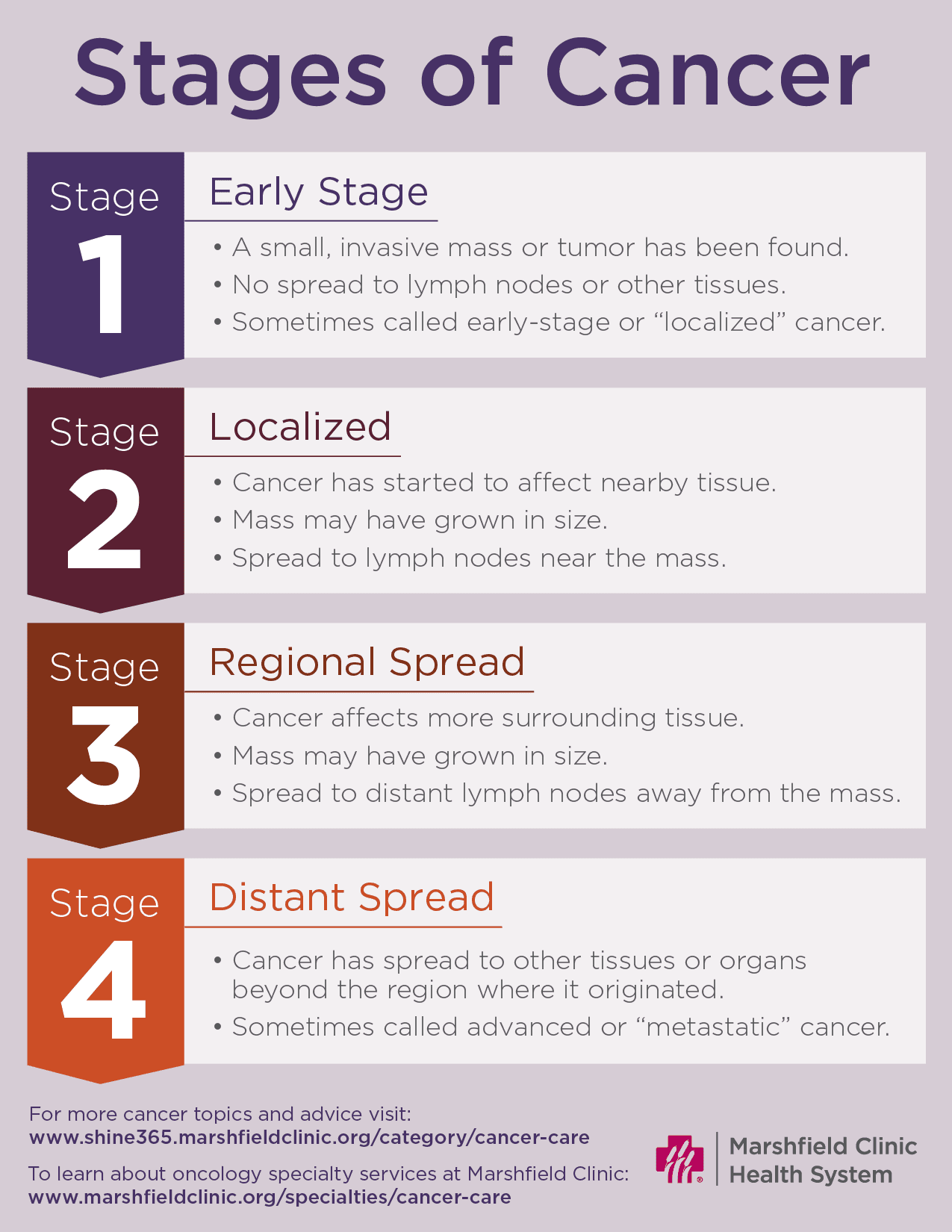I’ve overheard a few people recently refer to the presidency of Donald Trump as an “emergency.” As a never-Trumper, I won’t deny that his presidency is having some disastrous consequences (such as ending PEPFAR), and I do think his administration threatens the rule of law. This presidency is a serious, ongoing problem.
But I’m hesitant to call our current political moment an “emergency.” Here’s why.
In most English usages, an emergency is something that demands a certain type of response: urgent, forceful, unending, and extreme action by everyone in the vicinity until the emergency is over. If someone’s hand gets cut off, others must immediately run over, apply a tourniquet, and call 911. The paramedics will have to stabilize the patient and likely give a blood infusion. Police might need to cordon off the scene and perhaps gather statements from witnesses.
A severed hand is an emergency. A tornado is an emergency. An active shooter is an emergency.

On the other hand, if someone has Stage 2 cancer, virtually none of those responses are appropriate. Stage 2 cancer is probably just as serious and life-threatening as a severed hand. But it demands a vastly different response: timely, calm, consistent, gentle, and expert treatment, until the cancer is forced into remission, with regular checkups for months afterwords. Stage 2 cancer, left untreated, is very serious. But I wouldn’t call it an emergency.
Why is it problematic to call the Trump presidency an emergency? I can think of three reasons.
First, most people we cannot live in an “emergency” state for more than a few days at a time, if that. Similarly, there’s a reason that soldiers often develop PTSD—their bodies, minds, and souls cannot handle being in fight-or-flight mode for months on end. If those opposed to Trump keep using the “emergency” language, we risk exhausting ourselves, losing our effectiveness, and perhaps even developing PTSD-like symptoms every time we get a news alert on our phones.
Secondly, emergency language loses its persuasive potency over time. Progressives may come to appear like we’re the boy who cried wolf if every tiny thing Trump does is treated as a life-or-death situation. (I think some of the recent backlash to progressivism and “wokeness” is due to an exhaustion of our “sky is falling” rhetoric).
Lastly, emergency language also can be misused to justify violence. If Trump is the next dictator, as some say, then any and all means of resistance, including mass violence, would be justified.1 The fact that very few progressives are choosing to prepare for violence suggests to me that either they are more pacifist than I realized, or that they don’t actually believe Trump is the next dictator.
So, given all this, why are Americans so prone to using “emergency” language? After all, it’s not just liberals (some conservatives literally said Obama was the anti-Christ). I think the issue is that American have short attention spans, and very few things break through our 24-hour news cycle. The only problems that seem to generate a response are those that are framed as emergencies. The silver lining of this is that Americans can be incredibly generous when disaster strikes, such as a natural disaster or other emergency. But the downside is that chronic, ongoing problems rarely get addressed by much more than a Band-Aid. That’s part of why Flint, Michigan still doesn’t have clean water, and it’s why many Americans don’t have health insurance. Ultimately, many charities and nonprofits are forced to rely on sob stories and pictures of crying babies to solicit donations.2 Thus, those opposed to Trump, trying to compete in a crowded media environment, may feel that framing the situation as an “emergency” is the only term that breaks through the noise.
To be clear, there may be some aspects of the Trump presidency that might demand emergency response. January 6th was one of them—and sure enough, the police and emergency responders responded well in the moment (Congress, on the other hand, failed in its response to this attempted coup). The experts in our government and at the highest levels of society need to be on their A-game these next few years.
But for the average American, the Trump presidency is more akin to a chronic, serious health problem, like diabetes, or high blood pressure, or an early cancer diagnosis. There is going to be action that is required, but it’ll be more diligent, determined, and focused on the long-term.
We need to be building a healthy society that is prepared for 2028, and 2032, and 2052. Trump’s presidency is just a symptom of deeper issues, and those won’t be addressed quickly or easily. We need to prepare for the long haul, by caring for ourselves and by building sustainable, inclusive, and big-tent institutions that will be ready to serve our nation no matter what the next few years bring. And so I think that means we need to avoid “emergency” language and focus on more helpful metaphors.
See Italian philosopher Giorgio Agamben’s critique of declarations of the “State of Emergency” or “States of Exception”
Andy Crouch, a thinker who I really respect, made this point recently on the Good Faith podcast, which partially inspired this post.




"Emergency" is hardly an exaggeration in the case of Trump. What's not clear is what we can do about it. We are not a culture that's well equipped to solve great and urgent problems.